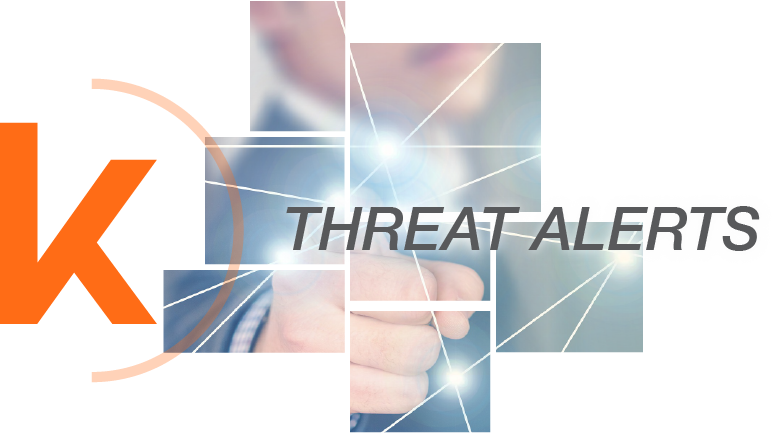The widespread adoption of remote work arrangements has fundamentally reshaped the modern workplace. While offering numerous advantages such as improved work-life balance and reduced overhead costs, this shift has also introduced significant cybersecurity challenges that organizations and employees must address.
The Growth of the Remote Work
Technological advancements have facilitated a significant increase in remote work opportunities. Cloud-based applications, video conferencing tools, and reliable internet connectivity have empowered employees to perform their duties effectively from geographically dispersed locations. This flexibility has fueled the rise of the “digital nomad” – individuals who leverage technology to work remotely while traveling or living in different locations.
Cybersecurity Concerns in a Decentralized Environment
The transition to a decentralized workforce has created new vulnerabilities in the corporate cybersecurity posture. Here are some key areas of concern:
- Unsecured Home Networks: Traditional office environments typically have robust network security measures in place, including firewalls and intrusion detection systems. Many home networks, on the other hand, lack these safeguards, relying on default router settings and potentially weak passwords. This creates an exploitable entry point for malicious actors seeking to access sensitive company data transmitted over an unencrypted network.
- Phishing Attacks and Social Engineering: Remote workers often rely heavily on email communication, which makes them more susceptible to phishing attacks. These deceptive emails, disguised to appear legitimate (e.g., from a colleague or trusted company), aim to trick recipients into revealing confidential information or clicking on malicious links that can download malware onto their devices.
- Data Security in the Cloud: Cloud storage has become an essential tool for remote teams, enabling seamless collaboration and document sharing. However, improper data handling practices can lead to inadvertent data breaches. Employees might unintentionally share sensitive data with unauthorized individuals or utilize unsecured cloud storage platforms, compromising data confidentiality.
- The BYOD (Bring Your Own Device) Challenge: The BYOD approach allows for employee flexibility by permitting the use of personal devices for work purposes. However, this introduces potential security risks. Personal devices may not have the same level of security software and updates as company-issued equipment, making them vulnerable to malware infections and data breaches.
Mitigating Cybersecurity Risks in the Remote Work Era
To ensure a secure remote work environment, both companies and employees must collaborate in implementing robust cybersecurity measures:
For Organizations:
- Virtual Private Network (VPN) Implementation: A VPN encrypts data traveling between a remote device and the company network, creating a secure tunnel for communication. This significantly reduces the risk of unauthorized access to sensitive information.
- Multi-Factor Authentication (MFA): MFA adds an extra layer of security by requiring a second verification step beyond just a password to access company systems. This additional step significantly hinders unauthorized access attempts.
- Cybersecurity Awareness Training: Regular training programs can equip employees with the knowledge and skills to identify and respond to cyber threats effectively. Training should cover topics such as phishing scams, secure browsing practices, and data security best practices.
For Employees:
- Home Network Security: Securing your home Wi-Fi network is crucial. Use a strong and unique password and enable encryption settings. Avoid using public Wi-Fi for work purposes whenever possible, as these networks are often unsecured.
- Phishing Awareness: Be cautious of suspicious emails and exercise critical thinking before responding. Verify the sender’s identity before clicking on any links or downloading attachments.
- Software Updates: Maintaining up-to-date software on all devices used for work is essential. Regularly installing security patches helps close vulnerabilities exploited by malware and other cyber threats.
- Data Handling Practices: Do not download sensitive work documents onto personal devices without proper authorization. Utilize secure cloud storage platforms designated and approved by your company.
The rise of remote work presents both opportunities and challenges. By acknowledging and addressing the associated cybersecurity risks through proactive measures, organizations and employees can work together to create a secure and productive remote work environment. Prioritizing cybersecurity means we can ensure the continued success and sustainability of this evolving work model.
Kobargo Is Your Source for Website Security Services
From gaining access to expertise and resources to improving cost-effectiveness, security, flexibility, scalability, performance, and reliability, outsourcing IT services can be a smart choice for businesses that want to focus on their core competencies while leaving the management of IT infrastructure to the experts.
With nearly 50 years of experience working in technology, Kobargo is skilled in all matters of Information technology. If you’re interested in outsourcing your IT infrastructure, contact us today to learn how we can help.



